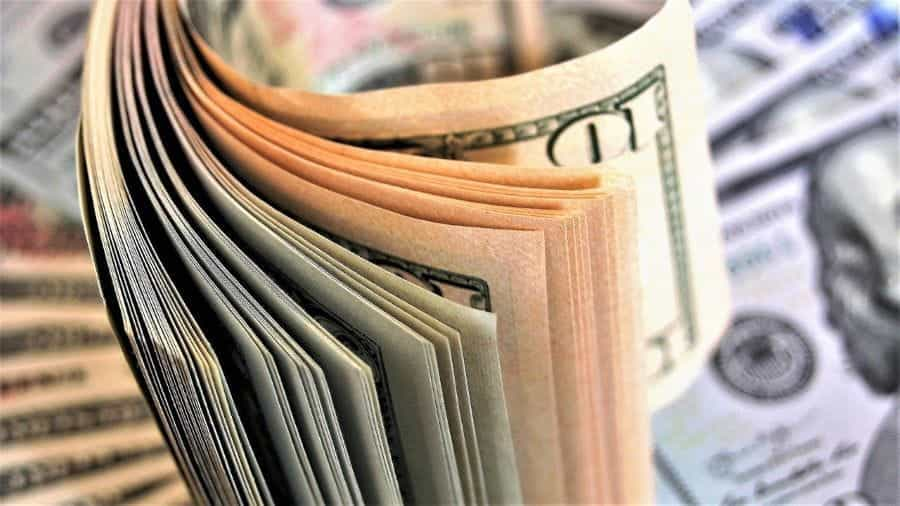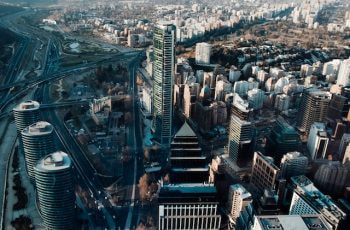Cambodia Lowers Tax Rates on Casinos
In an attempt to revitalize the lucrative business, the Cambodian government has voted to lower the corporate tax rates on casinos operating domestically. This strategy will reform the infrastructure of the gambling economy in the country and could pave the way for a much broader and diverse pool of interested international operators in the country.

There are plenty of reasons the integrated casinos in Cambodia can look at the future with optimism, after lowering the tax rate and raising the ceiling on license-period caps it is profitable time to be in the business. ©pasja1000/Pixabay
To make the departmental wished into a piece of actionable legislation, the Cambodian government announced a new Law on the Management of Commercial Gambling. This 97-page document holds all the details of the specific changes been constructed onto the tax rates and regulatory requirements. Included in the legal changes is a new government agency charged with overseeing the gambling industry. Up until now, a disorganized and ad-hoc approach was employed to govern casinos in Cambodia.
The man in charge at the Ministry of Economy and Finance has commented saying the changes to the gambling law infrastructure are designed to make the sector more competitive. It seems as if this draft of organizational changes is tailored to lure in larger corporate casino brands from international markets, rather than just the small business dynasties that standalone in the Cambodia gambling industry at this current time.
It’s very clear that from these legal changes in Cambodia, the country is bringing together an ecosystem of integrated resorts. These transformative plans will of course generate new revenue streams for the cash-strapped administration, with the majority of that money coming from overseas clients visiting the Cambodian territories on business and pleasure. This tried and tested business model has paid dividends across Asia before, but in the age of the pandemic where crossing over borders is not as simple, this poses a risk to the cash generation KPIs that these projects are so obsessed about.
Cambodia Already has 93 Licensed Casinos
The over-saturated casino sector in Cambodia is home to over 93 land-based casinos. Many of them exist around the coastal cities such as Sihanoukville and serve visitors from China and other neighboring countries. The business model is designed in such a way that local residents are not allowed to enter these venues. As the tax cash generation scheme would only be profitable if it involves the balance of payments equation being positive.
Under these new set of gambling laws, the integrated resort style casinos will only pay a 4% tax rate on their gross gaming revenue, GGR. This is slightly less than the existed standalone casinos that pay 7% on GGR. Moreover, the integrated resort casinos will be able to apply for much longer licenses from the government, with the upper limit set at 20 years. This is considerably better for long-term security in an investment sense and is in stark comparison to the 5-year limit placed on standalone casino venues.
So the system has clearly been set up to benefit businesses looking to construct much more wholesome gambling experiences. Most of the companies around the world capable of financing such a huge investment are those based in Las Vegas and Macau. It won’t be long before one of these large conglomerates picks up on the business opportunity beginning to present itself in Cambodia.
NagaCorp Has Exclusive Rights
Under a longstanding agreement with the Cambodian Finance ministry and other relevant authorities, the locally owned NagaCorp casino will have exclusive rights to operate around the tourist-heavy Phnom Penh region until the end of 2045. This incredibly long period will certainly allow the casino to solidify its market dominance and potentially lock-up the entire market from external competition. Given this huge financial security held by NagaCorp, the firm has decided to expand their balance sheet, and begin constructing an enormous integrated resort complex near the capital city at an eye-watering cost of $3bln.
The overall objective of all of these sweeping gambling law reforms is of course to generate greater interest in the region from overseas clients. If all goes to plan the changes are forecasted to generate upwards of $100 million in extra earnings for the government tax coffers. But with the pandemic still raging and affecting casinos licenses in Macau, the free flow of people between countries will be an essential prerequisite to the business moving forward.



